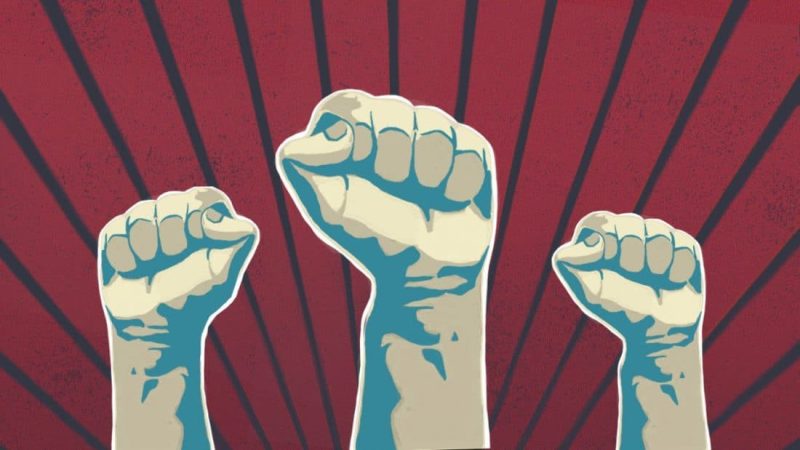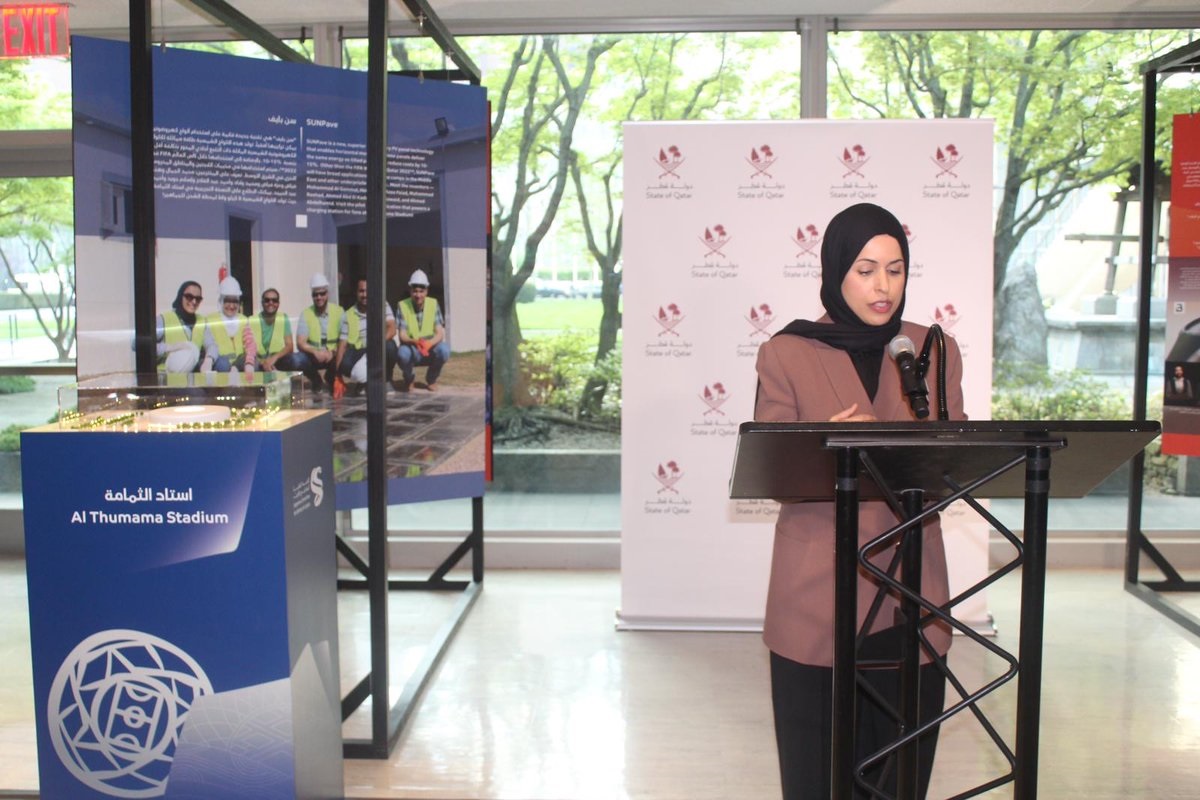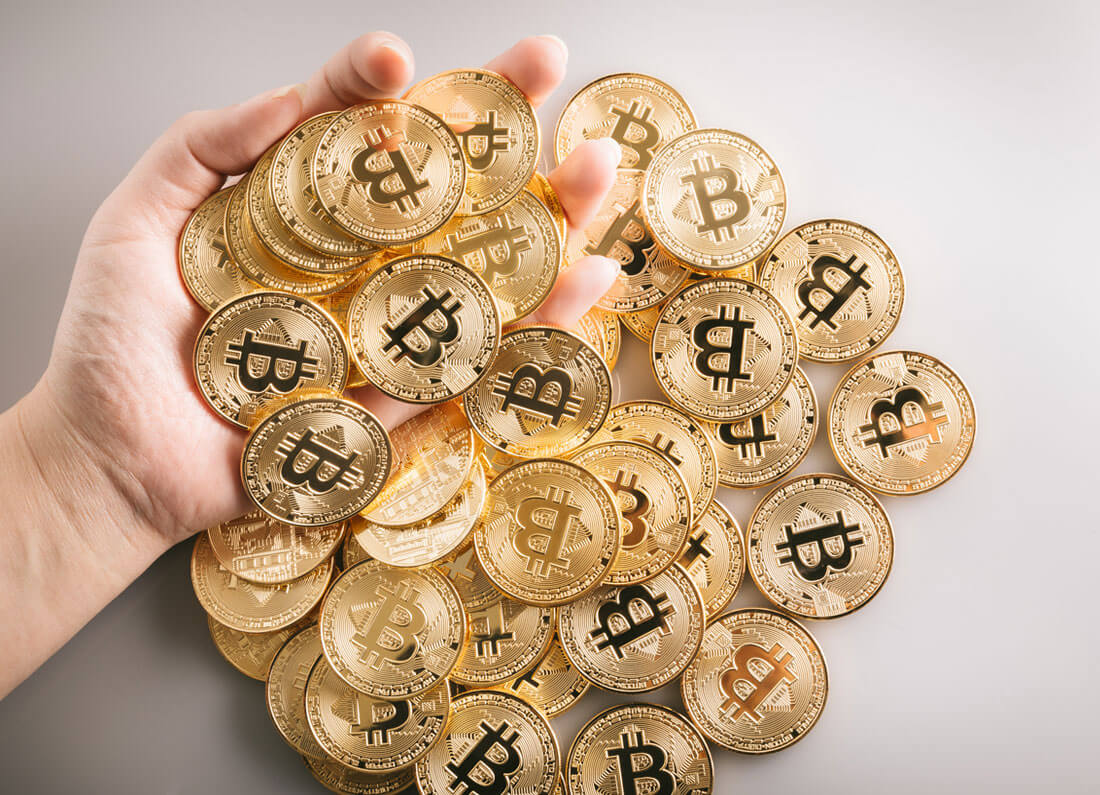“To this day, I can still vividly recall my initial reaction to seeing graphic depictions of death. Anoud recalls what the apartheid government looked like.
The world where Mohammed Al Durrah passed away on his father’s lap after being hit by Israeli Occupation Forces (IOF) fire crumbled apart in front of her while her 10-year-old self stood there.
Anoud, like many others, started a boycott to show her opposition to businesses or organizations that conduct any kind of trade with a nation that openly engages in inhumane and xenophobic ideologies.
What does it mean to boycott?
Boycotting refers to a nonviolent, voluntary abstention from a product, person, organisation or country as a form of protest or activism. It aims to exert pressure on the power in order to bring about positive change.
Boycott, Divest Sanction (BDS) movement
The BDS movement, which was inspired by the South African anti-apartheid movement, calls for action to apply pressure on Israel to comply with international law.
The boycotts entail pulling support from Israel’s apartheid regime, complicit Israeli sporting, cultural and academic institutions, as well as all Israeli and international enterprises involved in human rights violations against Palestinians.
BDS urges banks, local governments, churches, pension funds, and universities to remove their investments from Israel and all Israeli and international firms that support Israeli apartheid.
Sanction campaigns put pressure on governments to fulfil their legal obligations to end Israeli apartheid, rather than aid or assist its continuation by prohibiting business with illegal Israeli settlements, ending military trade and free-trade agreements, in addition to suspending Israel’s membership in international organisations such as the United Nations and FIFA.
Israel actively implements a regime of settler colonialism, apartheid and occupation over the Palestinian people.
This has pushed many to join the BDS movement in a bid to achieve indirect political justice through a bottom-up approach.
“I was 10 at the time and it was during the Gaza massacre,” Anoud, a Qatari national told Doha News. Since 2008, she has been boycotting companies listed on the BDS list, that are known to donate to Zionist funds, companies that are vocally pro-Israel, as well as products that are manufactured in or by the occupation.
Speaking on the viability of the BDS movement, Anoud said: “Each form of resistance is impactful whether there is an immediate result or not.
“While economic boycotts have proven to have a direct impact on Israel’s economy, cultural and academic boycotts keep the cause alive as it provides Palestinian civil society with moral support and reiterates the notion that Palestinian lives matter.”
The academic and cultural boycott seeks to place pressure on all cultural institutions that have failed to oppose the occupation and struggle for equal rights and the rights of the dispossessed.
In a bid to promote accountability and push for an institutional academic boycott of staunch-Zionist academics, students at Northwestern University Qatar in Qatar Foundation condemned the institution’s hosting of Alan Dershowitz in 2018, a professor emeritus at Harvard Law School, by storming out as Dershowitz began speaking. The student activists chanted “Zionists are not welcome here” while holding up Palestinian flags, to which Dershowitz responded “I am a proud, proud, Zionist”.
While Anoud’s journey started early in her life, many people often become introduced to BDS during their university years. Amina Awartani first started following the movement as a student, saying “groups like QAYON (Qatari Youth Against Normalisation) were very active and would always keep me aware of who and what to boycott.”
QAYON is an independent pro-Palestinian youth body based in Qatar.
As BDS calls for targeted boycotts, which analysts argue makes its success rate higher, Awartani told Doha News: “Campaigns like BDS know that they cannot ask people to boycott everything at once, so they target boycotts and make sure to draw people’s attention to a select few brands and start to create a focused movement against them. This is what makes it effective.”
For Awartani, the BDS movement was the first step she took towards a very extensive boycott list in different industries and for a diverse group of causes that she believes in.
She does not believe that individuals need to be politically or socially affiliated to engage in boycotts, but she does think people need to be aware of what they are boycotting and why.
“I remember last year, when the events of Silwan in Jerusalem were taking place, people were boycotting brands that had long broken their relationship/support with Israel like Ben&Jerry’s and Starbucks whilst disregarding companies that were still very active within the Israeli market like Puma, who would sponsor events taking place on occupied territory, or Air BnB who went back to hosting people in the illegal state of Israel and in occupied Palestinian territory as well,” Awartani told Doha News.
With activism comes various challenges, whether it is dealing with bigotry, limited options to choose from, or general criticism. “Accepting the fact that not everyone is willing or ready to boycott. Also having to constantly defend your position and being prepared to discuss the subject matter at any point in time,” are some of the challenges Anoud has faced.
According to a UN report, BDS was a key factor behind a 46% drop in foreign direct investment into Israel in 2014 compared to 2013. The World Bank partially attributed a 24% drop in Palestinian imports from Israel in line with boycotts. A 2015 study by RAND Corporation estimated that an effective BDS programme could cost the Israeli economy a total of $47 billion over ten years. A leaked Israeli government report also highlighted that the movement can cost Israeli economy $1.4 billion per year.
India
For decades, far-right Hindus have incited anti-muslim violence which has taken place both on the streets and online.
During a television debate in June, BJP national Spokesperson Nupur Sharma insulted the prophet Muhammed and his family. Shortly after, Sharma’s colleague, BJP’s Delhi Media Operation Chief Naveen Kumar Jindal wrote a now-deleted tweet about the prophet following a public outrage over Sharma’s statements.
The remarks have sparked protests in India, with Muslim countries summoning ambassadors as a sign of discontent.
The incident has enraged social media users, who have called for a boycott of Indian products, criticising the rise in anti-Islamic and anti-Muslim sentiment, and accusing India of following France and China in encouraging Islamophobia.
“I’ve been boycotting anything that is made in India, including Bollywood, due to the most recent wave of Islamophobia in India. The current right wing government is known for its oppressive practices against minorities, especially Muslims,” Hunain Ali, a Public Relations Officer in Qatar told Doha News.
Several Indian cities and states have seen widespread systematic persecution of the Muslim population in recent months, accompanied by violence from extremist Hindu militias.
“The Muslims of Indian occupied Kashmir have been suffering from extreme oppressive measures since 1947 but since Modi and BJP came into power the life of Kashmiris has become even worse,” said Ali.
Bollywood maintains strong influence globally, but especially over South Asia and is often viewed as a platform normalising Islamphobia.
“A lot of times people around me do not realise why this cause is important to me and sometimes pressure me to give up on the cause. In their opinion, boycotts from individuals have no impact in coercing oppressive governments. However history teaches us otherwise,” Ali said.
France
France has long faced public scrutiny for its anti-Arab and islamophobic sentiment.
The call to boycott French products especially took off in October 2020, in response to the resurfacing of offensive Charlie Hebdo cartoons of the Prophet Muhammad that sparked controversy worldwide.
This led to an incident in which a teacher in France was killed for showing his class the cartoons. France responded by clamping down on “extremism” with a large-scale crackdown on Islamic entities in the country, raiding more than 50 mosques and associations.
French President Emmanuel Macron also said Islam was a religion “in crisis” worldwide and affirmed France would “not give up cartoons,” triggering global controversy.
This initiated mass action and virtual campaigns condemning France’s islamophobia, including calls to boycott French products under a popular #BoycottFrance movement.
In the year 2020, Muslim unity demonstrated itself through the act of Qatari residents and citizens calling to replace French goods with Turkish products, with the Gulf state’s flagship Al Meera supermarket removing French products from its shelves.
According to a report by the International Trade Centre, French exports to Qatar took a massive hit with a 59% decrease. The value of sales to Qatar dropped from $4.2 million in 2019 to $1.7 million in 2020.
France has been accused of systematically targeting its Muslim population due a surge of marginalising policies driven by President Emmanuel Macron to address the alleged “separatism and Islamism”, a recent report by the British advocacy group, Cage, stated.
The report underlines Macron’s implementation of executive powers to create a “systematic obstruction” policy to target Muslim groups and entities in France over the span of the last four years.
Some of these policies include anti-separatism law and the Imam charter, which was created in November 2021 and drafted by the state-backed French Council of the Muslim Faith. The charter forces religious leaders to “subordinate” themselves to ‘French Islam’, a concept manufactured by the government in hopes to assimilate Islam with republicanism.
The policies were initially geared towards addressing the reasons behind the departure of a number of French Muslims to fight in Syria and Iraq from specific areas in France. They then took on a more nationwide project role aimed at tackling “Islamism” and “community withdrawal” across the country.
Since, Paris has injected a series of infamous laws into the system in order to, the group reported, “isolate Muslim institutions and bestow the state with vast powers to monitor and close institutions, unilaterally dissolve organisations and seize money under the pretence of preserving Republican values and combatting Islamism and/or separatism.”
Cage further added that the policies were put in force to justify the shutting down of at least a dozen mosques, hundreds of Muslim-owned businesses and charities, and the seizure of millions of euros worth of assets due to their alleged promotion of “Islamism”.
Actively boycotting French products since late 2020, Anoud also joined thousands of Muslims in standing up for her religion and protesting the Islamophobia.
Fast fashion industry
Fast fashion is built on globalisation, and like all exploitative sectors, it is fuelled by low-wage labour that allows for high profits at low manufacturing costs. Its business model thrives on the mass exploitation of individuals who are a part of its supply chains.
The industry’s workers are underpaid, overworked and forced to work in hazardous conditions as a result of low-cost fashion.
Globalisation shifted clothing production from Western Europe and North America to the Global South in the beginning of the 1970s.
Garment workers, who were once direct employees of major brands, have transformed into peripheral players in complex global supply chains. As a result, major fashion brands were no longer required by law to pay fair wages or provide employment benefits.
Garment workers in the Global South have struggled to make ends meet for years due to exploitatively low wages.
It has been almost a decad since a fire at the Tazreen Fashion factory in Bangladesh killed at least 112 workers in November 2012.
People have grown much more conscious of their consumption as customers, and have begun to put pressure on some of the world’s largest fashion labels to take responsibility and implement sustainable programmes.
“I boycott fast fashion stores whose clothes are mass produced by factory workers who are grossly mistreated,” Dana Al Agha, a student in Qatar told Doha News. A little research into the industry was all it took for her to take a stance against what it stands for.
Globally, a truckload of textiles lands on a dumpster every second, or are burnt.
Fast fashion produces 10% of the global CO2 emissions, which is more than aeroplane and ship traffic combined, making it the second largest polluting industry in the world.
“SHEIN is an environmental atrocity, and I am making my way into boycotting fast fashion brands more and more. I tried to only buy from thrift stores online but most of them don’t ship to this region and Qatar doesn’t have an active thrifting culture due to the stigma of wearing second-hand clothing,” said Awartani.
Every day, Shein reportedly adds over 1,000 new outfits on its website. For context, Zara normally has 2,000 products in a 30-day period.
The fast-fashion titan has tripled its revenue in three years, hitting $15.7 billion in revenues, and is now seeking $1 billion in capital and a valuation of $100 billion.
“For people to engage in boycotts in general, I would like to say it only takes humanity and a sense of compassion with the cause. But for some reason, people do not find it convincing enough. Maybe political involvement would make for a better motivator,” said Al Agha.
Harbouring the morale
To some, boycotting means a sense of boosting self-morale and staying in touch with justice. “Not all movements are successful, and they don’t have to be. To me, it’s a matter of staying true to myself,” Awartani said.
“Our mere existence is political,” Anoud told Doha News.
“There is no such thing as living apolitically. The passports we carry, our social status, our gender— our entire being is political; it confronts people at varying degrees and those people are more aware of it.”
Boycotting, to some, is not seen as a mere political act, as “labelling boycotting as a ‘political act’ gives people an excuse not to engage in it,” Anoud said, adding that rather “it’s a cop-out to not inconvenience ourselves with other inequalities that don’t necessarily impact us directly.
Because all what boycotting is really is taking a firm stance on what you believe is right and wrong.”
One does not need to be politically aware to differentiate what is morally right or wrong, the boycott on Russian entities and individuals as a response to its invasion of Ukraine serves as an example. “People did not struggle with what is right to do but it always comes down to causes where people’s human rights are valued less,” Anoud said.
Different forms of political activism exist, but they all point in the same direction: change. Anoud told Doha News that “the majority of these causes are being addressed at a grassroots level since it’s more challenging to start change from the top down.”
“Exactly for that reason, every person matters, and boycotting ultimately works.”

















Leave a Reply